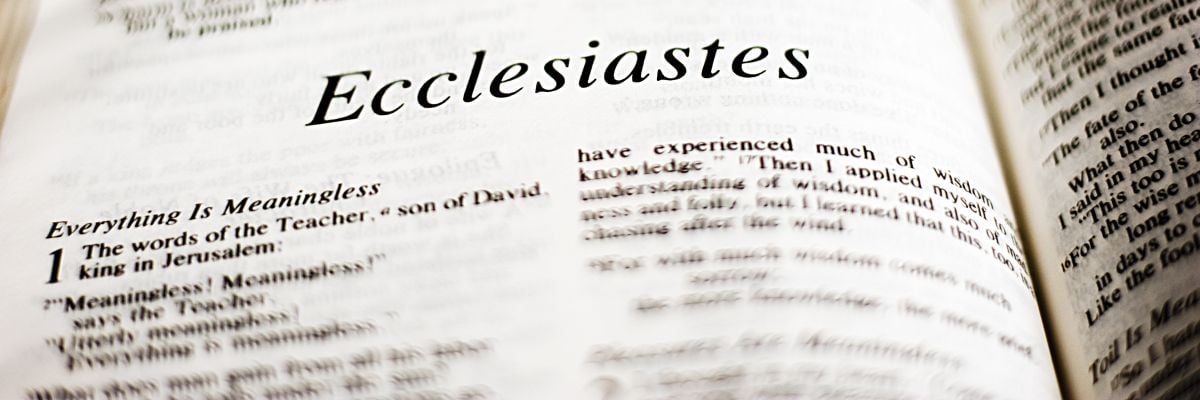
Question:
Answer:
The Catholic Church did not add books to the Bible. The seven books in question—Tobit, Judith, 1 and 2 Maccabees, Wisdom, Ecclesiasticus, and Baruch—are properly called the deuterocanonical books.
The label “unscriptural” was first applied by the Protestant Reformers of the 16th century. The truth is, portions of these books contradict elements of Protestant doctrine (as in the case of 2 Maccabees 12, which clearly supports prayers for the dead and a belief in purgatory), and the “reformers” therefore needed some excuse to eliminate them from the canon. However, these books are “unscriptural” only if misinterpreted. It should also be noted that the first-century Christians—including Jesus and the apostles—effectively considered these seven books canonical. They quoted from the Septuagint, a Greek translation of the Hebrew scriptures that contained these seven books. More importantly, the deuterocanonicals are clearly alluded to in the New Testament.
The canon of the entire Bible was essentially settled around the turn of the fourth century. Up until this time, there was disagreement over the canon, and some ten different canonical lists existed, none of which corresponded exactly to what the Bible now contains. Around this time there were no less than five instances when the canon was formally identified: the Synod of Rome (382), the Council of Hippo (393), the Council of Carthage (397), a letter from Pope Innocent I to Exsuperius, Bishop of Toulouse (405), and the Second Council of Carthage (419). In every instance, the canon was identical to what Catholic Bibles contain today. In other words, from the end of the fourth century on, in practice Christians accepted the Catholic Church’s decision in this matter.
By the time of the Reformation, Christians had been using the same 73 books in their Bibles (46 in the Old Testament, 27 in the New Testament)—and thus considering them inspired—for more than 1100 years. This practice changed with Martin Luther, who dropped the deuterocanonical books on nothing more than his own say-so. Protestantism as a whole has followed his lead in this regard.
One of the two “pillars” of the Protestant Reformation (sola scriptura or “the Bible alone”) in part states that nothing can be added to or taken away from God’s Word. History shows therefore that Protestants are guilty of violating their own doctrine.
For more on this topic, see our articles “How to Defend the Deuterocanonicals” and “The Curious Case of the Protestant Bible.”


